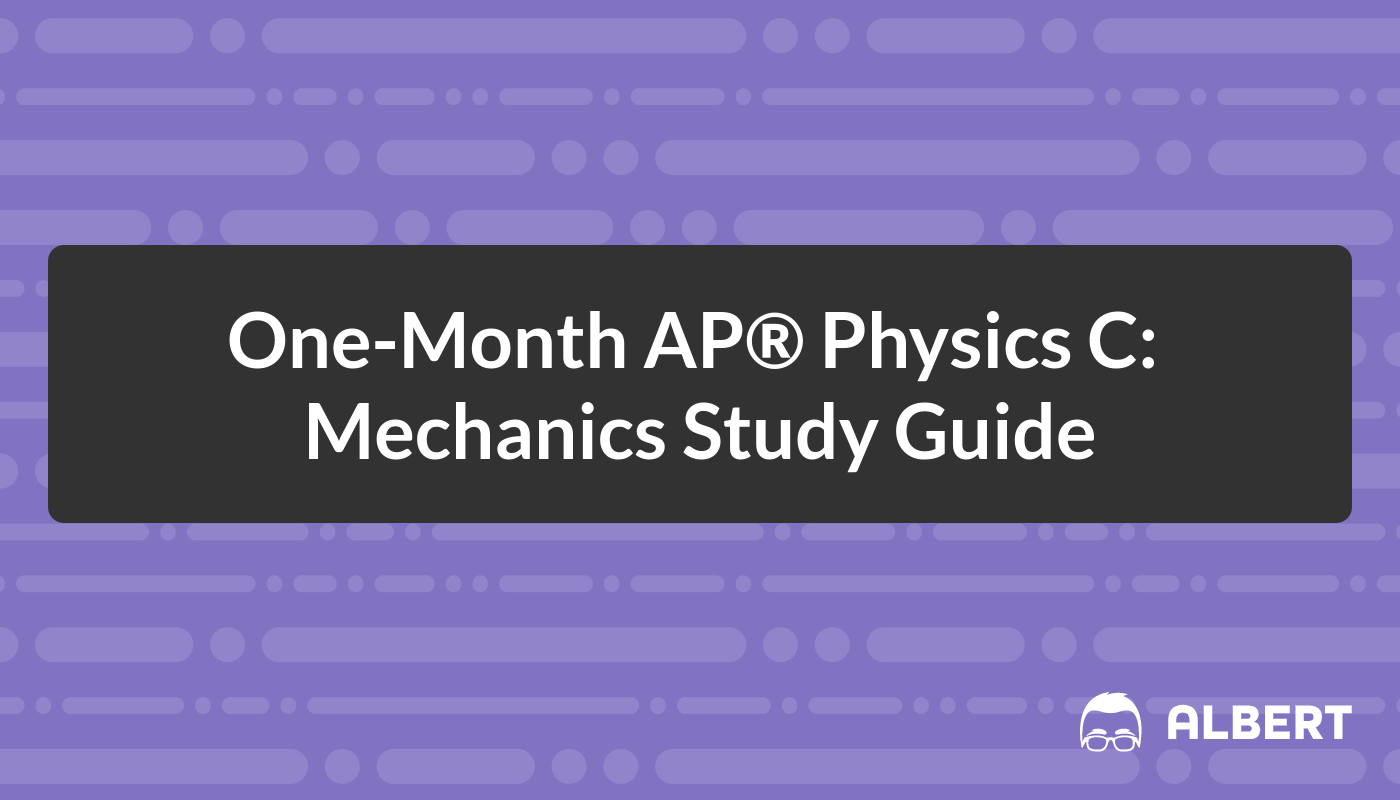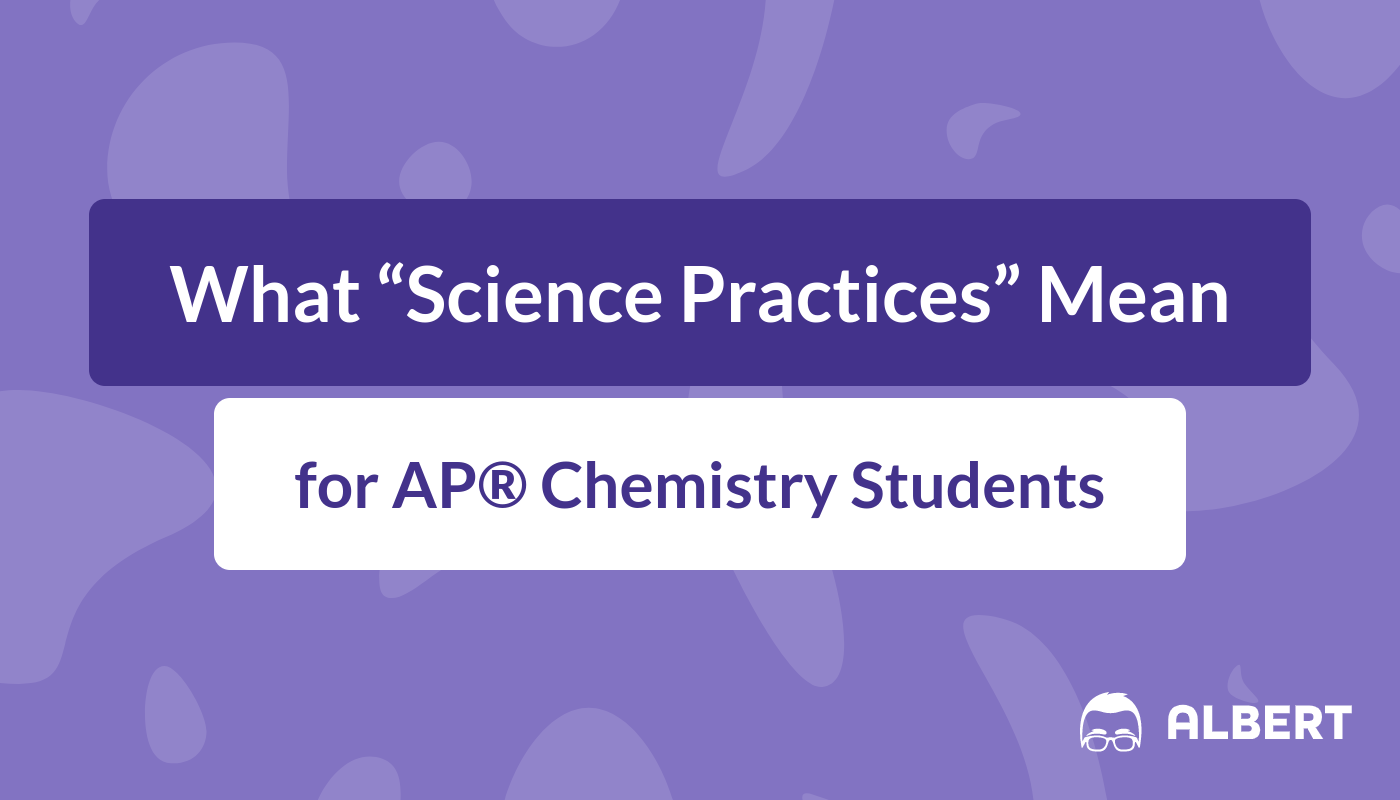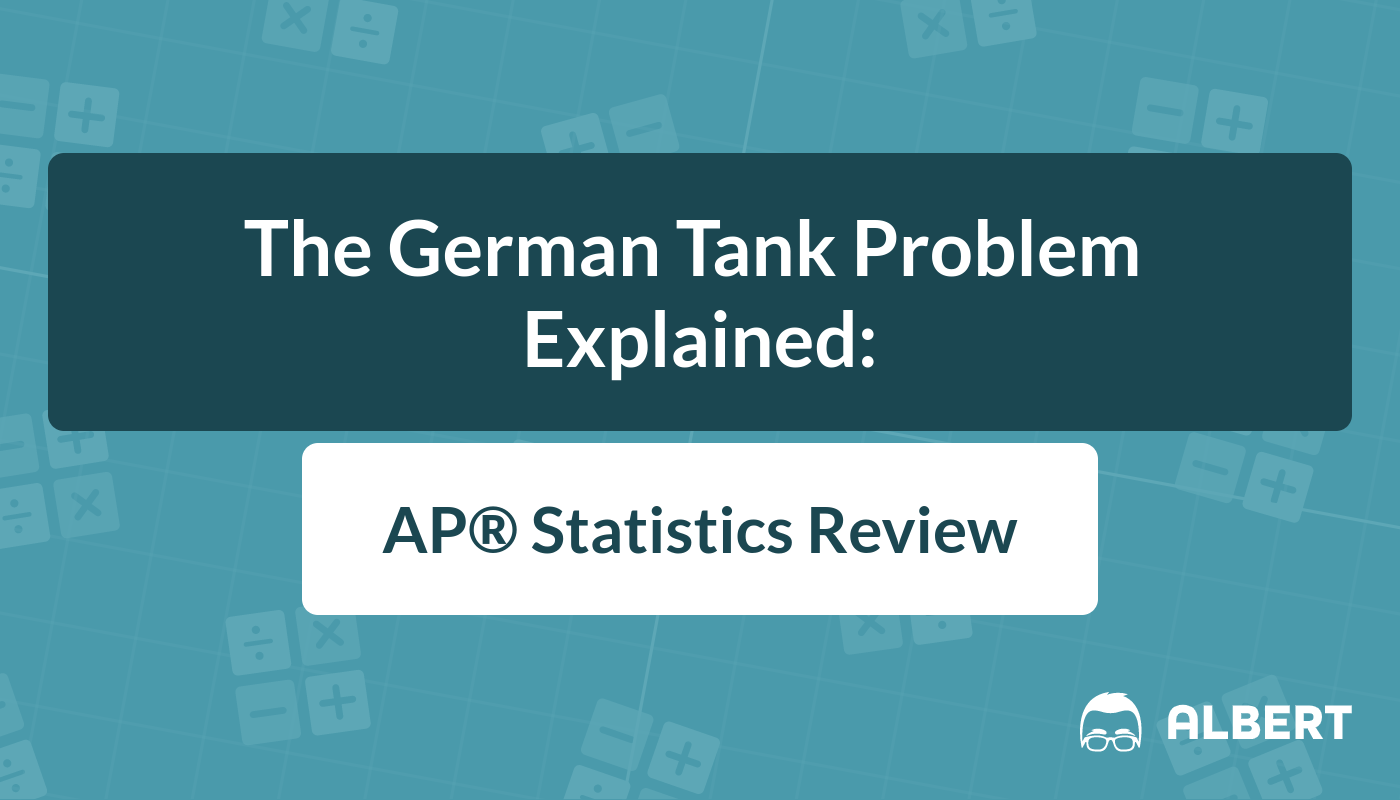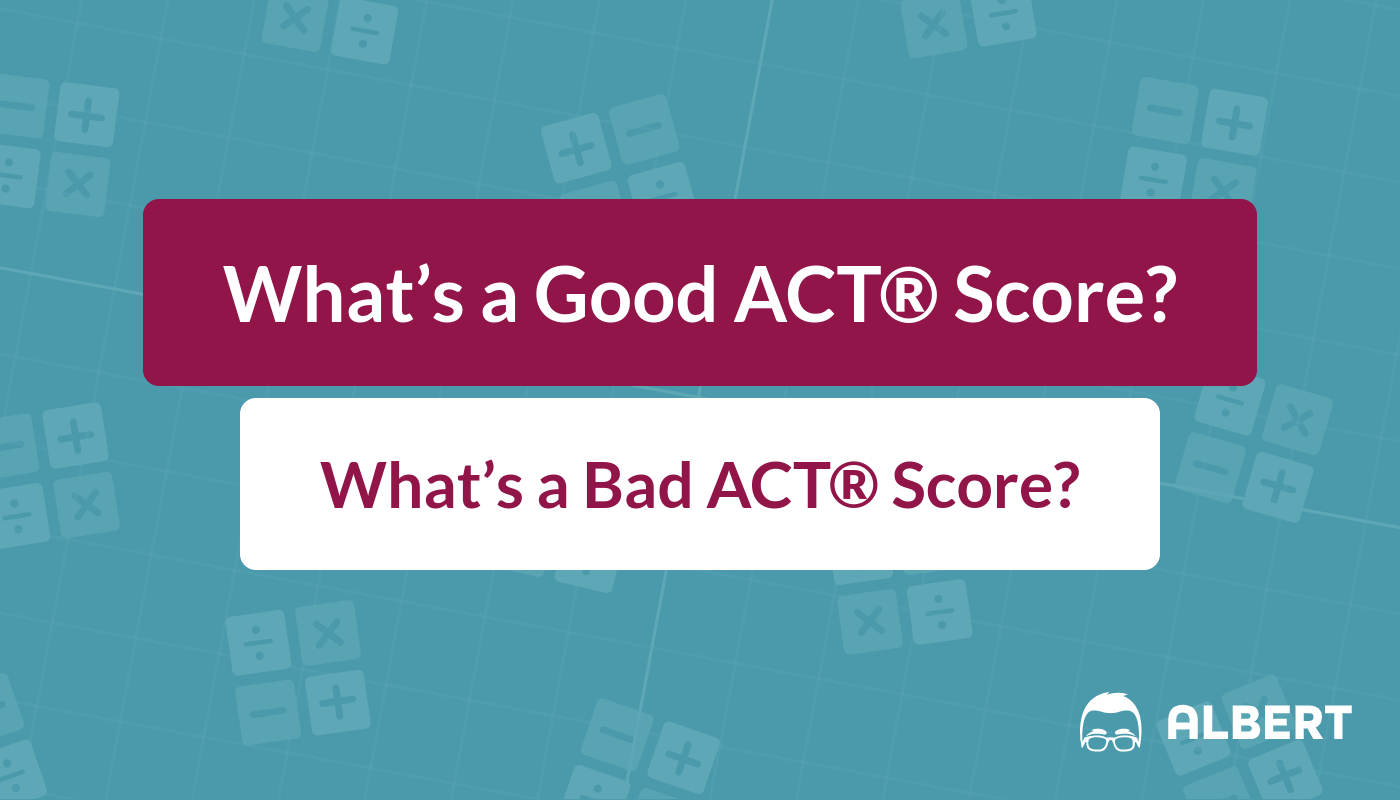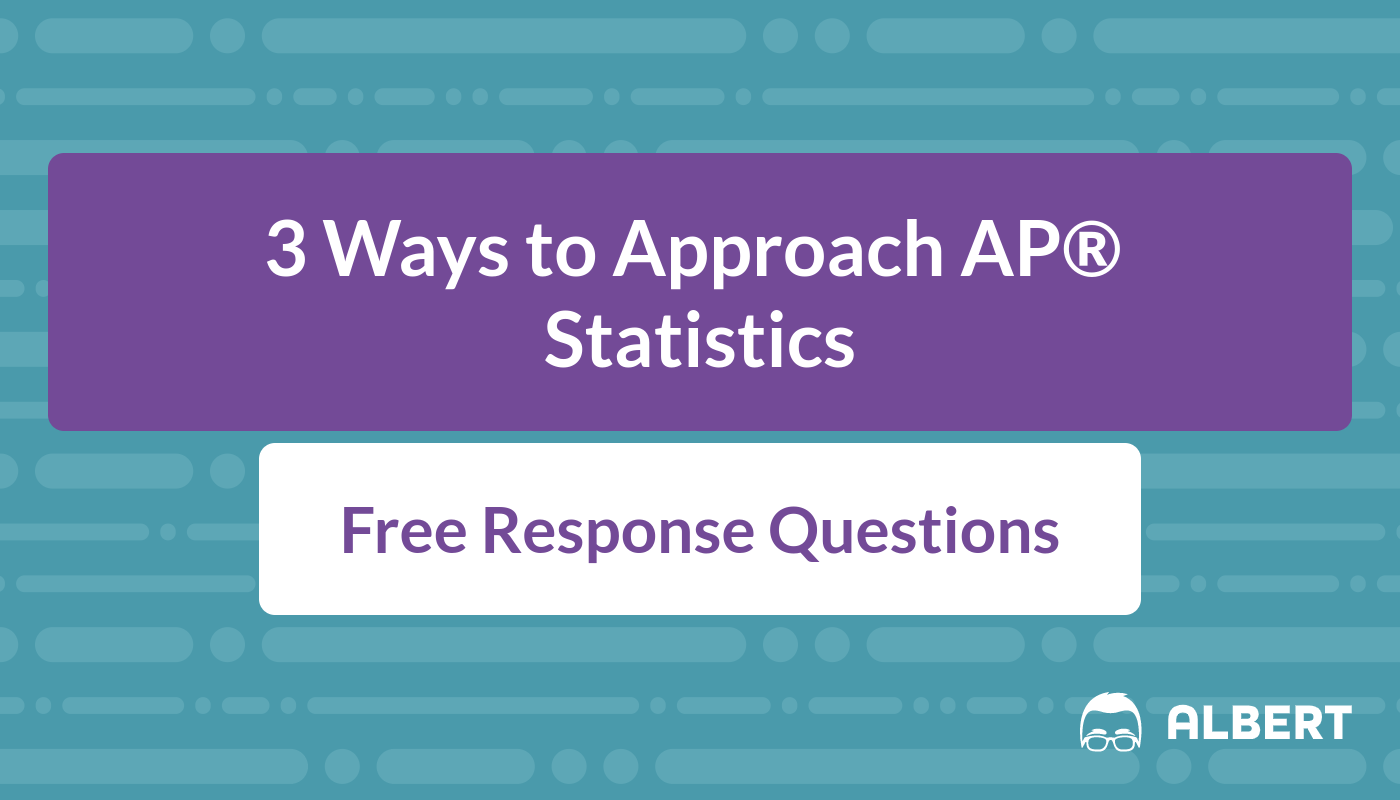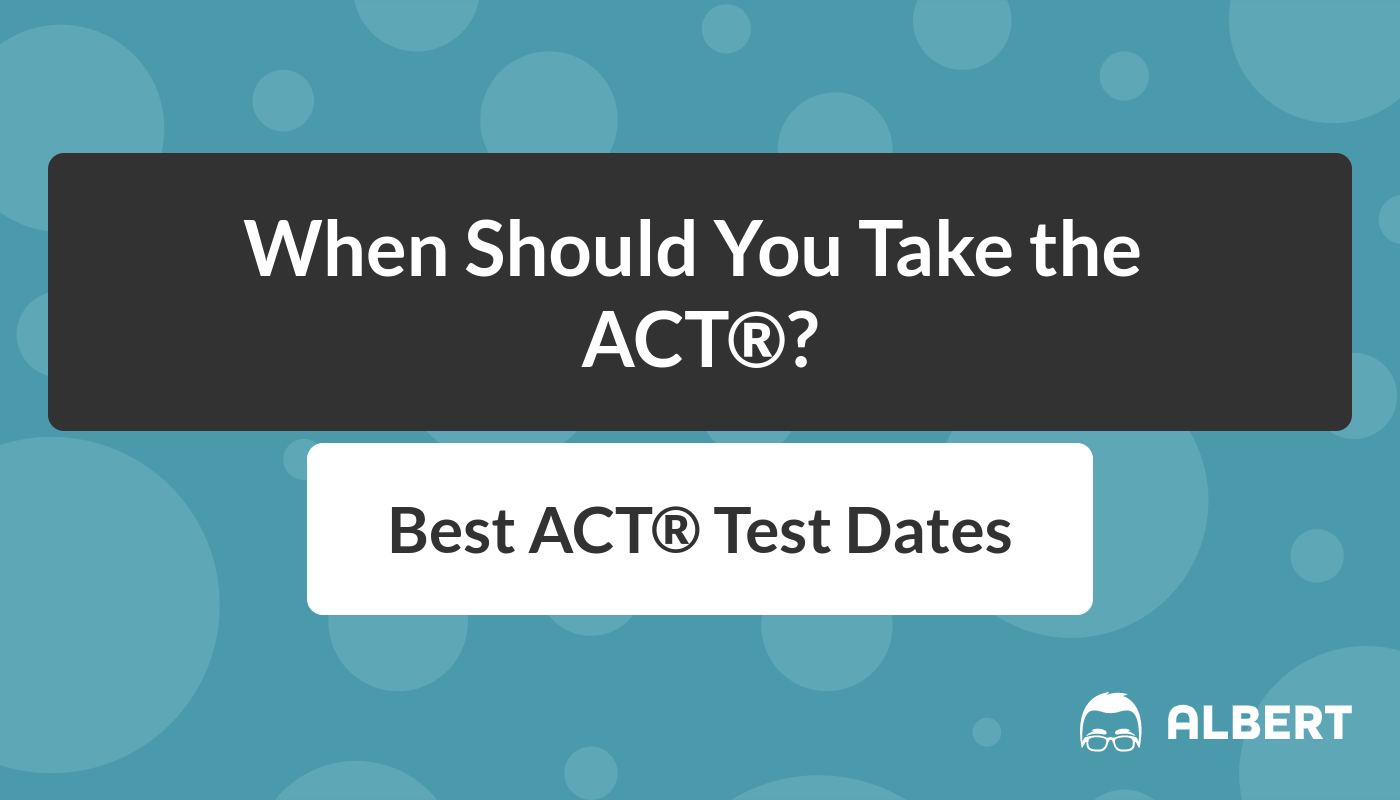One of best unknown ACT® tips is that you need to spend some time preparing your supplies, in addition to yourself, for the exam. Too often, students are left scrambling on the morning of the test to find everything that you need to bring to your exam. Doing this a while before the test is one of the best ACT® preparation strategies, because it will help you to relax because you know that you have everything that you need. Forgetting an essential on the day of your test could actually cancel out any previous ACT® preparation that you might have completed, because you could have too much anxiety or even be prevented from taking the test if you forget something you need. Feel free to add your own essentials, but here is a basic list of everything you need to bring to the testing facility on the day of your test.
1. Remember your identification. If you have a school ID, remember to put it in your bag to make sure that you will be allowed into the testing space. It’s also a good idea to bring a driver’s license if you have one or another form of identification, just in case. Sometimes schools want extra identification to ensure honesty. Pay attention to your school’s rules and advice about this. It’s always better to have more than you need than not enough!
2. Don’t forget your calculator. Your testing facility may have extras, but don’t count on it. Bring a second calculator if you have one to use in case yours or someone else’s device breaks. It is also a good idea to bring extra batteries compatible with your device in case the batteries run out. This could also save someone else if their calculator dies, making you the hero of the ACT®!


